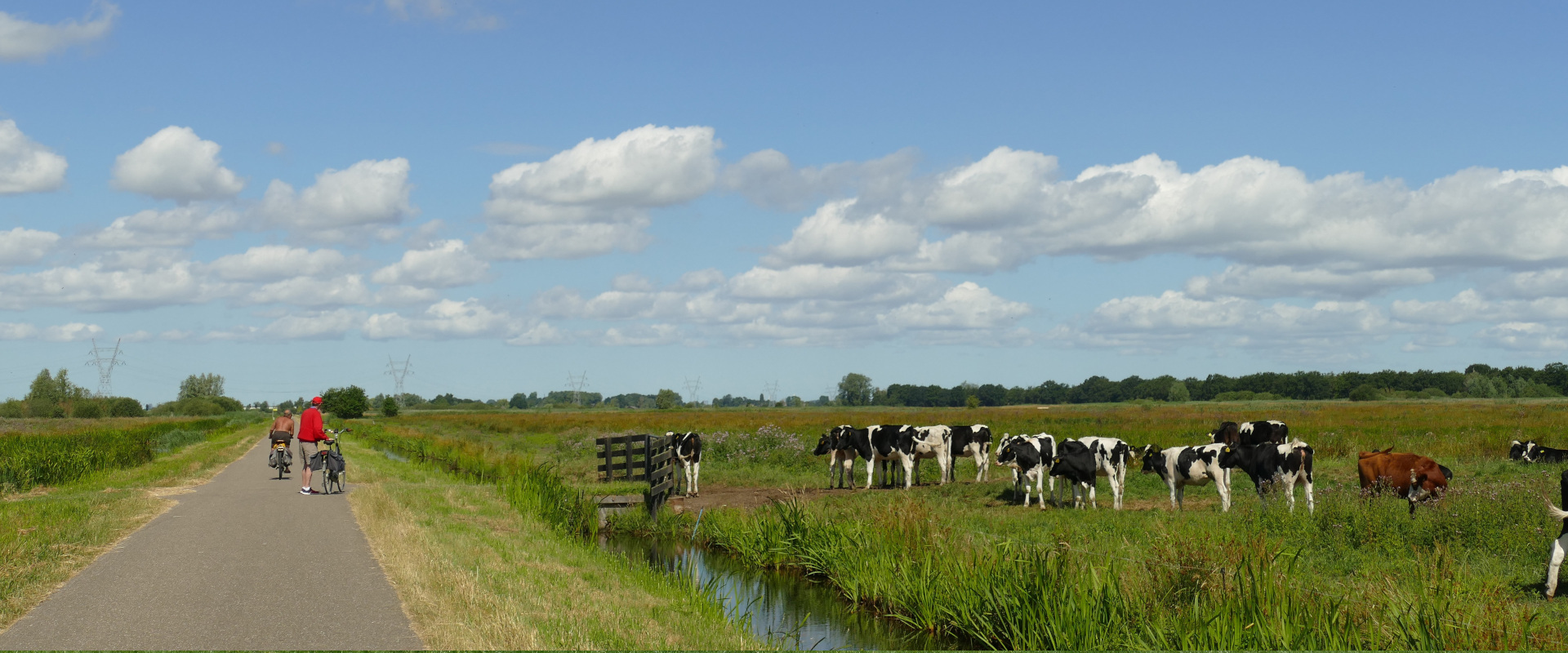

Focus on the changing concentrations, emissions, and sinks of both climate forcers (N₂O, CH₄, F-gases) and (cooling or warming) air pollutants (NH₃, NOₓ, BC, PM, etc.). This includes both measurement-based studies and those reported in emission inventories. Depending on the submitted papers, the theme will include sub-sessions grouping contributions related to agriculture, industrial areas, domestic sectors, and terrestrial and marine ecosystems.
Long-term monitoring studies, trend analyses, and innovative methods for interpretation or visualization are also covered under this theme. Most contributions will originate from the natural and technical sciences. Integrative studies with a strong focus on specific sources or sinks can also be presented here if contributors prefer this theme over Theme 2.
Examples of special sessions could include:
Concentrate on the large-scale assessment of emissions and concentrations of NCGGs, focusing on atmospheric processes, including the physics and chemistry related to the radiative aspects of the atmosphere. In addition to modelling, this theme includes monitoring concentrations of non-CO₂ greenhouse gases, studying atmospheric processes, and exploring the relationships between greenhouse gases and other air pollutants (e.g., aerosols or reactive nitrogen species).
Contributions to this theme may include innovations in both models and atmospheric measurements. We also aim to host a special session dedicated to satellite observations.
Examples of topics for this session could include:
This third theme invites contributions from integrative studies aimed at connecting the pieces of the puzzle and discussing whether measures/actions are potential "game changers" or false illusions. The theme welcomes integrative and innovative studies on sources of non-CO2 greenhouse gases, their effects, and strategies to reduce these effects.
Possible session topics could include:
This will concentrate on policy implementation and decision making.
Contributions within this theme will be from both natural sciences (e.g. reporting on new emission reduction technologies) and social sciences (e.g. on the economic or institutional feasibility of environmental measures, and the perception of our response to climate change). Contributions on technological issues and industries’ perspectives are welcomed, as well as contributions or plans for financial, technological and capacity building support for developing countries and their options for climate change control. We also welcome transdisciplinary studies under this theme, aiming for co-production of new and actionable knowledge together with stakeholders.
Examples of topics for this session could include:
NCGG10 is organized by:
p/a UCo
2e Daalsedijk 6a
NL-3551 EJ UTRECHT
The Netherlands
Stichting MilCon (Foundation for Environmental Congresses, a separate legal entity that is linked to VVM) is responsible for the logistic and financial management of NCGG10. The contents of the symposium is the responsibility of VVM and its co-organisers. Logistic services for NCGG10 will be provided by the VVM.